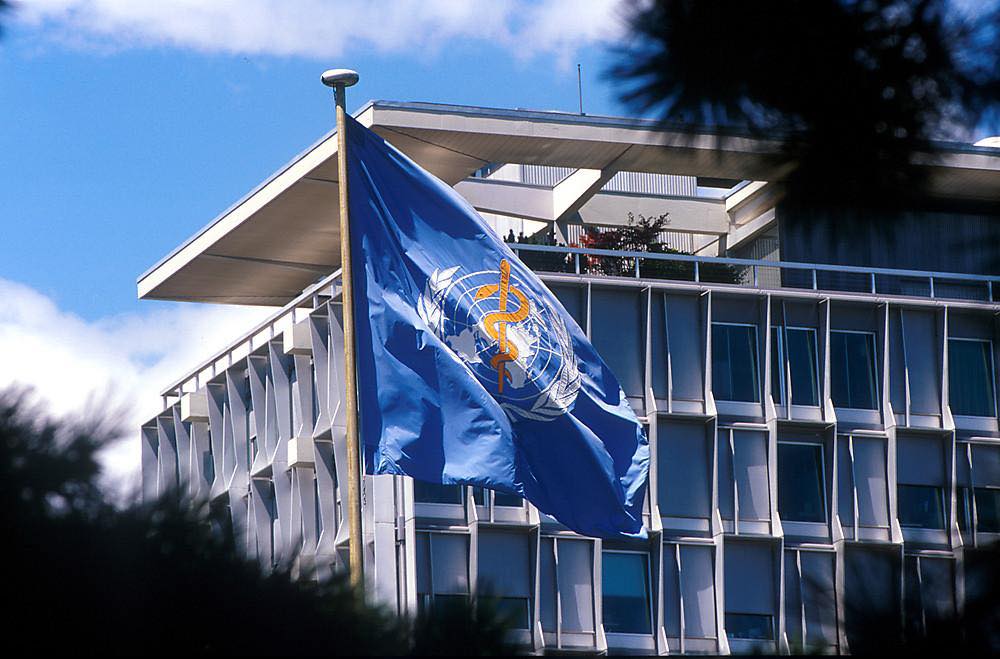Who is in favor and who is not to a treaty on pandemics

WHO, what geopolitical moves are hidden behind the pandemic treaty? Here are the divisions between states and what effects the treaty would have
With Omicron now detected in at least 23 countries, the 194 member states of the World Health Organization (WHO) have agreed to work on a treaty to manage future pandemics, but some nations do not seem to disagree entirely.
THE WHO PROPOSAL
WHO's idea is to draft an international treaty to strengthen global defenses against pandemics. The organization, the New York Times reports , has decided to set up an intergovernmental body that will meet by March to begin negotiating an international agreement designed to ensure a more coherent and equitable response to future pandemics.
The agreement requires the negotiators to deliver the result of their deliberations in May 2024.
The # COVID19 pandemic is the health crisis of our time.
At the #WHASpecial , Member States have decided to work together to adopt a new international agreement to better prepare, respond & prevent future pandemics.
More info
https://t.co/eqUwhxDu5H pic.twitter.com/DDvzSPrQGZ
– World Health Organization (WHO) (@WHO) December 1, 2021
WHAT THE WHO DIRECTOR SAID
Tedros Adhanom Ghebreyesus, WHO director general and a staunch supporter of a legally binding treaty, called this step "a once-in-a-generation opportunity to strengthen the global health architecture to protect and promote the well-being of all people."
WHO SAYS NO TO THE TREATY
While the European Union and Britain have been pushing for months for an ambitious treaty that has legal force, the United States, Brazil and other countries would instead want a weaker mechanism, not legally binding on member states, according to reports from the NYT .
This makes the road all uphill. The proposal, in fact, is just the beginning for now and reaching agreement in 194 countries will not be a walk in the park.
THE REASONS OF WHO SUPPORTS THE AGREEMENT
Supporters of the agreement believe it is necessary to prevent each country from acting individually, fragmenting the world and undermining the collective response. Joining forces would mean doing everything that has not been done so far: sharing data , technology and ensuring an equitable distribution of vaccines .
"The continuing disorder caused by Covid demonstrates that the world needs an international agreement to establish shared rules for the capacity to respond to pandemics," said Ghebreyesus.
The lack of coordination has returned to show itself with the discovery of the Omicron variant in South Africa which has led many states to decide in a completely autonomous way – and without scientific evidence – to close their borders to all of southern Africa.
THE IMPLICATIONS
A treaty in which countries undertake to share information, however, notes the NYT , also means raising politically sensitive issues such as access to the sites where the outbreaks originate, as well as investigating the origins of the diseases – an example of a request that has caused not a few tensions between China and Western countries.
A GEOPOLITICAL MOVE
The idea of the treaty, the manifesto recalls, was born from the president of the Council of Europe Charles Michel who worked with France and Germany to obtain the support of the WHO director general "and 25 countries tapped around the world ( The Friends of the Treaty ) ".
"The démarche, however – writes the daily – also refers to the aspiration to strengthen a European presidium of global health, between Chinese enterprise and the new American multilateral activism of the Biden administration, not particularly enthusiastic about the idea of a new treaty".
To which is added, "the need to safeguard the mandate and legitimacy of the WHO" which has seen "a plethora of new health institutions to be installed in the UN headquarters" appearing under the nose, taking its authority away. These include the Global Health Threat Council and the Global Finance and Health Taskforce.
This is a machine translation from Italian language of a post published on Start Magazine at the URL https://www.startmag.it/sanita/chi-e-a-favore-e-chi-no-a-un-trattato-sulle-pandemie/ on Thu, 02 Dec 2021 09:17:24 +0000.
